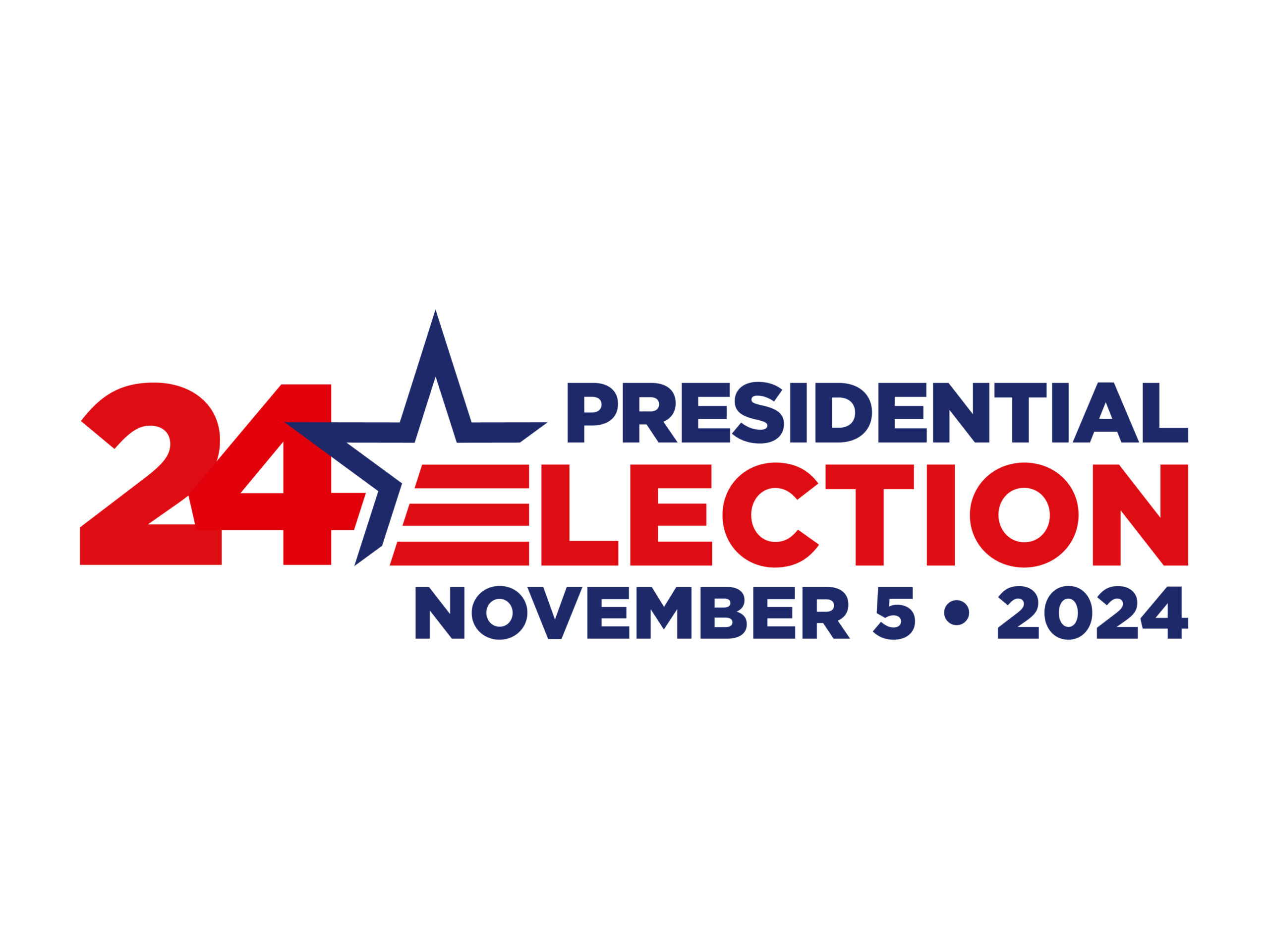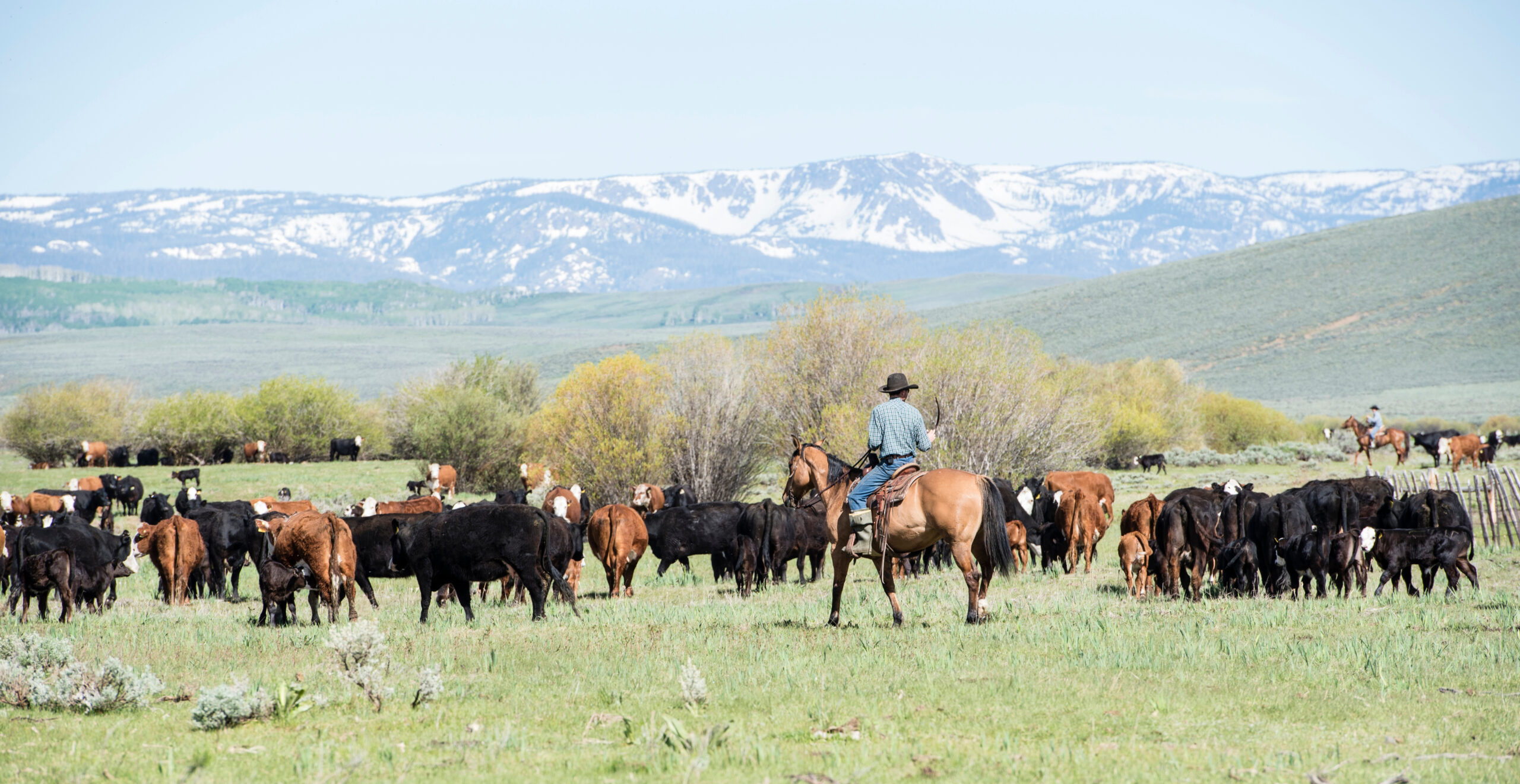Posts tagged union dues
TEXAS: Government Collection of Union Dues | Fast Facts
November 17, 2024 // "The proper role of government is to preserve life, liberty, and property—not to act as a dues collector."
WASHINGTON: State worker tells peers, ‘WFSE isn’t worth it’
November 13, 2024 // His supervisor somehow found out about his disability and began treating him differently. To his shock, he learned his supervisor had divulged his private, HIPAA-protected medical information while he was out for surgery. He immediately turned to WFSE, asking for protection from this unfair treatment. His union representative assured him they would take care of it. But weeks passed, and the gossip and bullying continued.

What role will unions play in the 2024 presidential election? A visual guide
October 28, 2024 // Nearly a quarter of the workforce belonged to a union 40 years ago. Now that number is just over 10%. Though worker stoppages have kept up, labor union rates have steadily declined for decades. From 1983 to 2022, union membership fell by half, from 20.1% to 10.1%. "Union density reached a high of over 30% in the post-World War II decades in the 1950s and 1960s," said Kent Wong, director of the UCLA Labor Center.
In California, There’s Hope for IHSS Workers Facing Rampant Union Abuse
September 19, 2024 // As Olivia attended the IHSS provider orientation necessary to obtain state funding to meet her son’s medical needs, she didn’t expect a closed-door meeting with officers of the United Domestic Workers of America (UDW). If Olivia declined to sign up for union membership, the union representatives threatened, she would be unable to complete her timecard and lose payment as a result. Though Olivia had a “gut feeling” to refuse, she signed a union membership card anyway, yielding to “peer pressure” and an optimistic belief that the UDW officers were acting in accordance with their promise to defend IHSS provider rights.
States are pushing back with anti-labor laws as union popularity grows, policy experts say
September 18, 2024 // Growing union organizing across the country has triggered an anti-labor legislative response in some states, but cities and counties are increasingly pushing back, a new report found. The report, released this month by the New York University Wagner Labor Initiative and Local Progress Impact Lab, a group for local elected officials focused on economic and racial justice issues, cites examples of localities all over the U.S. using commissions to document working conditions, creating roles for protecting workers in the heat and educating workers on their labor rights.

Government Unions are Down — But Not Out
September 10, 2024 // For nearly a decade, the Commonwealth Foundation has tracked state-by-state changes in labor laws. Every two years, the Commonwealth Foundation releases its research on the ever-changing legal landscape for public sector unions, assessing each state’s efforts to promote public employees’ rights or cave to unions’ entrenched influence. This fourth edition examines government unions’ attempts, following Janus, to hold onto and expand special legal privileges under state laws. The research also highlights the states reining in government unions’ power and influence by empowering workers.
Unions pursue law changes to boost membership
September 8, 2024 // “The overarching theme is that the unions have really responded to the membership losses since JANUS to drive up union membership,” Osborne said. In the JANUS decision, courts held that unions could no longer collect “fair share” dues from non-members who benefit from collective bargaining agreements. Follow-up litigation has challenged the cumbersome process many former members had to overcome to leave the union and recoup dues improperly withheld. In the report, states known as union “strongholds” scored lower than others that have enacted collective bargaining reforms.

Labor unions lose 63,000 members under new state law
September 5, 2024 // The largest losses of union representation in Florida due to SB 256 come from those employed by the state government — more than 43,000 state employees have lost their unions. The second largest loss of union representation comes from university and college professors, specifically unions that represent adjunct and part-time faculty. Municipal employees from cities large and small follow. WLRN is using public records to maintain a database that shows the full extent of the fallout of the law.
Op-Ed: Florida vs. Michigan on Public Unions
August 30, 2024 // Each local union chapter must show that at least 60% of its eligible members are paying dues, or the state requires it to hold a new election. That sets teachers, clerks and custodians free from unions that haven’t won them over, and at least 20 units have been decertified in the past year. A few other states have also rolled back union coercion. Arkansas and Tennessee enacted paycheck protection for teachers. Kentucky legislators overrode a veto by Democratic Gov. Andy Beshear to secure the same. On the other side of the trend is Michigan, where Gov. Gretchen Whitmer signed a repeal of paycheck protection for teachers last summer. She also ended a requirement that schools pay teachers based on merit instead of seniority alone
